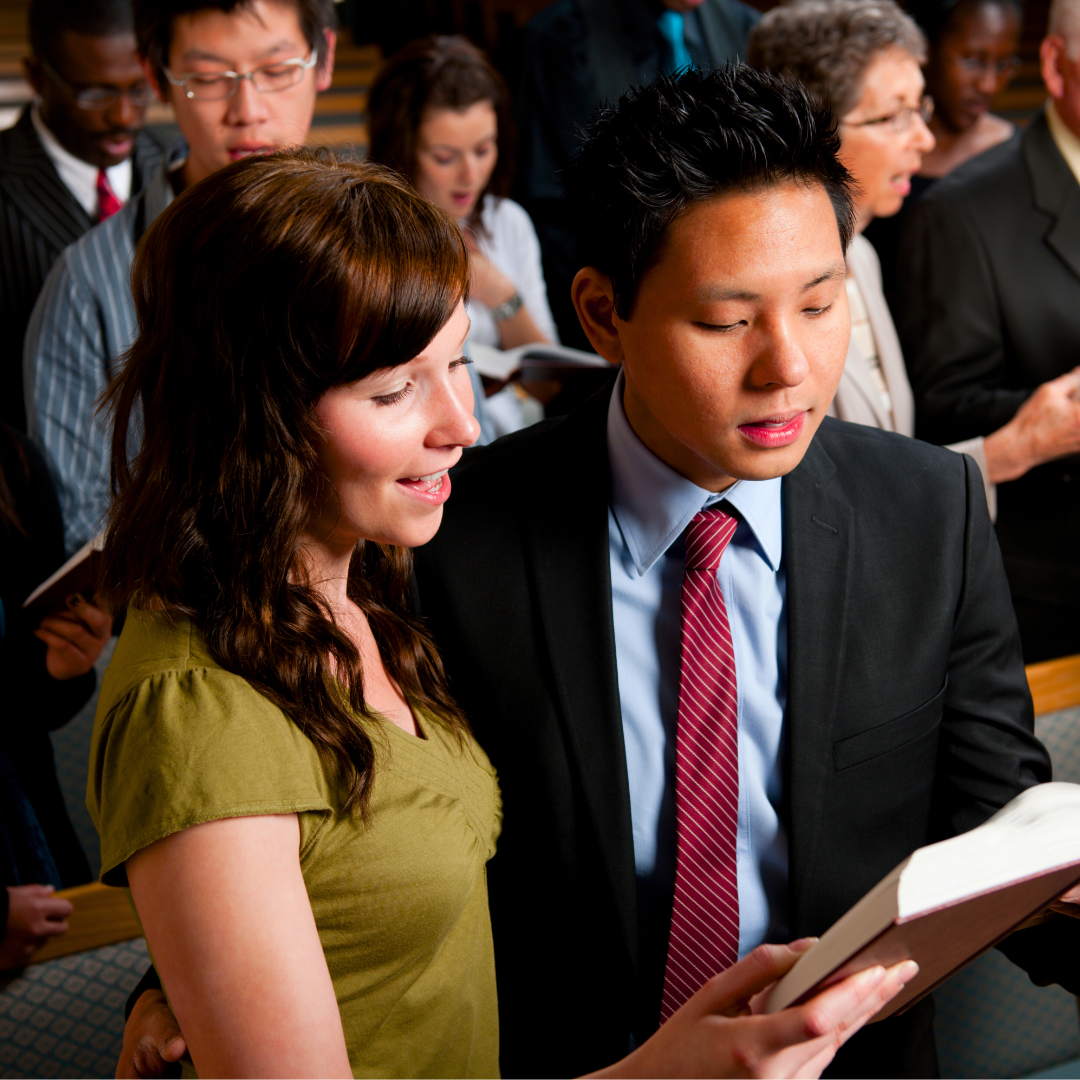
As the Synod on Synodality begins, Nathan Ahearne emphasizes the importance of prayerfully celebrating our commonality.
Imagine a world functioning without conflict, tension or miscommunication. It’s an efficient and disinterested life, where we stay in our own lane and mind our own business. In the book, Let Us Dream: The Path to a Better Future, Pope Francis and his biographer Austen Ivereigh argue that this utopic vision of life lacks the creative tension that is fruitful, life giving and dynamic. Indeed, the very story of creation would have been a short narrative if Adam had dialled Uber Eats instead of reaching for the low-hanging fruit.
Synodality on the other hand, invites us to go beyond ourselves and be prepared to be dislodged from our well-worn tracks. Far beyond a simple plot twist of conflict between two characters, synodality invites us to drift outside of our own lane, with a spirit of curiosity, freedom and humility. Such a process may produce collisions, but if we are prepared to slow down long enough to listen and encounter, then we may endure some of the inevitable bumps that come from dancing to new music.
Parish life continues demonstrate a variety of willingness and ability to adopt new music, both literally and figuratively. Pipe organs, guitars, tambourines, keyboards, drums and flutes accompany our Eucharistic praise and worship with varying harmony and creativity. On the other end of the spectrum, some Christian denominations employ music ministries with sound and lighting that resembles a mega concert. Despite the cacophony of voices within an average Catholic congregation, our hymns draw us together in communion.

What is the purpose of synodality? Is it a decision, a resolution, a change? One might ask at the end of the process, why did we do all of that? Pope Francis reminds us that synodality is not meant to be a democratic parliament experience, that it’s about the journey together, because the destination itself may not necessarily the intended end point. It’s about transformation of mind and yet, conflict is inevitable.
Pope Francis defines a contraposition as two poles in tension, pulling away from each other, such as the local/global and whole/part. To confuse contradictions and contrapositions reduces reality to simple binaries and takes us away from dialogue and fraternity.
When we run up against a contradiction that does not allow us to advance to a real solution, we know we are faced with a reductive, partial mental scheme that we must try to move beyond. (Let Us Dream)

"You do you" is a wonderfully inclusive but equally damaging phrase creeping into the vernacular of young people. It denies
the tension between two poles in a contraposition, opting instead for a kind of static coexistence. This is the danger of relativism, an attitude of "peace at any price" in which the goal is to avoid conflict altogether. In this case, there can be no solution, because the tension has been denied, and abandoned. This is the refusal to accept reality. (Let Us Dream)
It takes courage to face and endure conflict head-on, but this is the call of the Gospel. We are called to turn our cheek seventy times seven, limitlessly. When we continue to walk alongside people, we can begin to see beyond our superficial arguments and the possibilities of new perspectives begin to emerge. Mainstream "cancel culture" lacks the courage and fortitude required to journey with opposing views long enough for new synergies to arise.
Whilst dialogue may be trending amongst leaders who enjoy publicly signalling their virtues, the reality of true dialogue is far less neat and shiny. It requires people to humbly seek the good together, and as trust is built, they begin to learn from each other and share their gifts. The hidden and surprising gift of dialogue is the creative movement of the Holy Spirit who helps produce answers that were previously unknown. The Gospel shows Jesus doing this time and again with political and religious leaders, outcasts, those in need of healing and with his closest companions.
Far from leaving our convictions at the door or becoming a monotone protest, we are called to bring a polyphony of perspectives to the table. We begin to recognise the uniqueness and value of the other and instead of defending our position, we celebrate our commonality. Synodality requires a deep humility, vulnerability and openness to the Holy Spirit and lays the foundation for respectful dialogue. In the spirit of Fr. James Martin’s prayer, may we continue to have the serenity to accept the people we cannot change, the courage to change what we need to change about ourselves and the wisdom to listen, together.

Copyright 2023 Nathan Ahearne
Images: Canva
About the Author

Nathan Ahearne
Nathan Ahearne's faith journey has helped to shape the person he is today as husband, father, teacher and formator of young people. His vocation and faith are strengthened and nourished by those he encounters in service and contemplation. Nathan is a creative thinker and likes to roll up his sleeves and see projects through to completion. He is a John 10:10 fan. Read more at Expressions of Interest.


.png?width=1806&height=731&name=CatholicMom_hcfm_logo1_pos_871c_2728c%20(002).png)
Comments